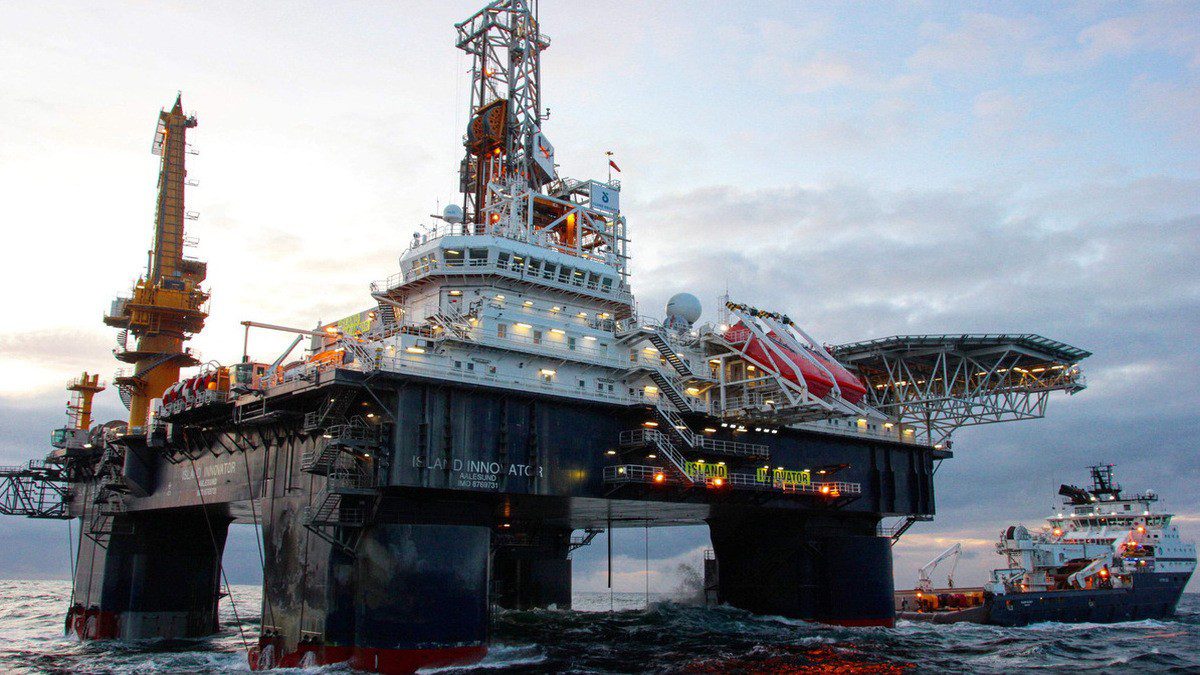China Oilfield Services Ltd (COSL) has signed several long-term drilling rig service contracts with an unnamed international oil company in the Middle East worth ¥14.0Bn (US$1.9Bn)
COSL is expanding its oilfield exploration and development. After implementing the project, COSL said its overseas business services in the Middle East will form a new market pattern of “all-round integration into the Middle East Gulf, all-round community formation and all-round promotion of high-quality development” and the company will fully activate the large-scale operational capability of its global offshore drilling service fleet.
Also in the Middle East this week, Abu Dhabi National Oil Company (ADNOC) drilled a new 15,240-m well at its Upper Zakum Concession. The company called it the longest oil and gas well drilled, stretching 244 m longer than the previous record set in 2017, supporting the company’s efforts to expand hydrocarbon production.
The extended-reach wells will tap into an undeveloped part of the giant Upper Zakum reservoir, with the potential to raise the field’s production capacity by 15,000 barrels of oil per day (b/d) without the need to build new infrastructure. ADNOC Drilling drilled the oil and gas well from Umm Al Anbar, one of ADNOC Offshore’s artificial islands.
Looking at the broader rigs market picture, more rigs have been mobilised ahead of week 43, 2022. Active jack-ups stood at 392 units with the Middle East accounting for 147 units.
In North America, Borr Drilling’s Mexican joint venture company Perfomex entered into three-year contracts for five premium jack-up rigs:Galar, Gersemi, Grid, NjordandOdin with OPEX Perforadora and Perforadora Profesional Akal I SA de CV, providers of integrated well services to Mexico’s state-owned company Pemex. The contracts are effective as of 20 October 2022 and will keep all five rigs contracted until 31 December 2025, for a combined contract value of US$715M, including upfront cash payments of US$33M in total.
Borr Drilling will provide the five rigs on a bareboat basis to the joint ventures with bareboat earnings equivalent to residual cash from the day rate earnings less payments of operating expenses and other fees in the joint ventures.
Island Drilling has signed a contract with Dana Petroleum (E&P) Ltd to provide the Island Innovator drilling unit and associated services for a work programme in the UK’s North Sea waters in 2023.
The US$30M contract has a three-well scope with an option for another and commences April 2023. The firm work is estimated at 80 days and the optional work estimated for 30 days.
Island Innovator is currently employed offshore South Africa, where Canadian operator Eco Atlantic is using it to drill the Gazania-1 exploration well.
Coastline Exploration Ltd, an upstream oil and gas company focused on East Africa, said it has has received final authorisation to proceed with its exploration programme offshore Somalia.
Back in February, the company signed seven production sharing agreements for deepwater blocks offshore Somalia. As a result of regulatory approval, Coastline said it has paid the agreed US$7M signature bonus to the Somali Central Bank.
And returning to the Americas, Singapore’s Sembcorp Marine completed its latest floating, production, storage and offloading (FPSO) vessel project for Petrobras. P-71 is the second FPSO built for the Brazilian oil major’s Tupi project and one of five new FPSOs scheduled to come online this year and next. The others are Almirante Barrosso, Anita Garibaldi, Anna Nery and Septiba.
As OSJ reported last week, Petrobras awarded Sembcorp Marine an engineering, procurement and construction contract worth US$3Bn for another FPSO, P-82, which will work on the Buzios field in 2026.
Petrobras also revealed crude production in Q3 2022 stood at 2.1M b/d, a 6.8% decrease compared with the same period last year. Petrobras’ current business plan (2022-26) foresees average annual output of 2.7M b/d (with a variation of 4% up or down) this year and hitting 3.2M b/d by 2026. The company attributed Q3’s decline in production to fewer barrels produced from the Atapu and Sepia fields in the Santos basin, the “natural decline” of mature fields in the Campos basin and the decommissioning and demobilisation of FPSO Capixaba.






